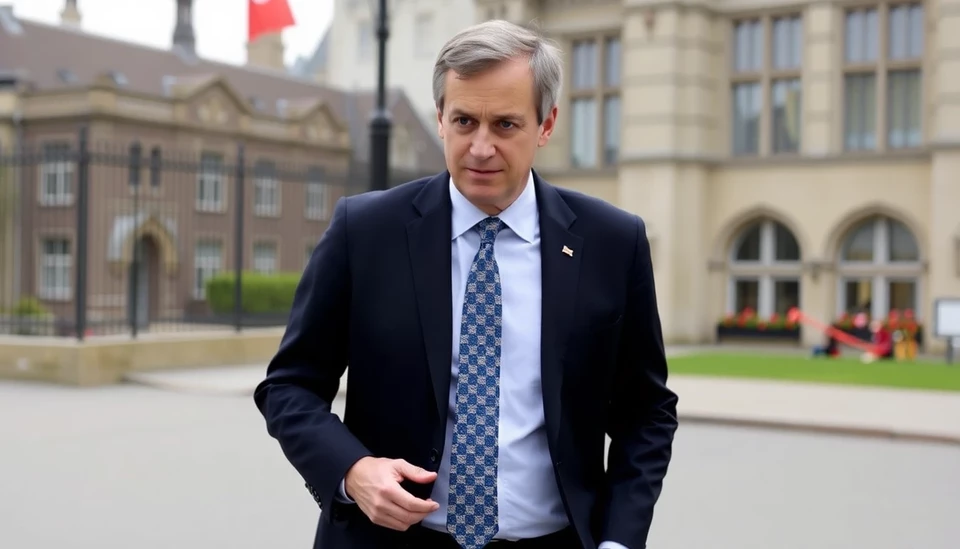
In a significant policy shift, Canadian Prime Minister Justin Trudeau is set to mandate a 35% reduction in greenhouse gas emissions from the country's oil and gas sector by the year 2030. This landmark decision aims to align with Canada’s broader commitment to combat climate change and meets stringent targets outlined in national and international agreements.
Trudeau's government is pushing for enhanced environmental accountability within the fossil fuel industry, which has long been a focal point of Canada’s economic strategy. The initiative, expected to be formalized in upcoming discussions, marks a decisive step towards a greener economy and reflects escalating pressure on governments globally to take bold actions against climate change.
Under the proposed regulations, companies operating within the oil and gas sectors will be required to develop and implement concrete plans to achieve these emission reduction targets. Trudeau highlighted that the transition might also open doors to innovations in energy efficiency and sustainable practices that could ultimately benefit the industry economically while safeguarding the environment.
The initiative comes as a response to both domestic and international calls for more substantial climate action. As countries worldwide have faced increasingly severe impacts from climate change, the need for responsible practices in resource extraction has never been more urgent. The Canadian government has already undertaken several initiatives aimed at curbing emissions and fostering renewable energy projects, but this new requirement underscores a shift from voluntary commitments to mandatory compliance.
Concerns have arisen from some industry stakeholders who argue that the mandated reductions may hinder operational capabilities and economic viability. However, proponents of the plan assert that with adequate support and the right technology, achieving these targets is feasible and necessary for a sustainable future.
The policy announcement is expected to be met with a mix of public enthusiasm and apprehension as environmentalists and local communities watch closely. They hope that this initiative will lead to tangible shifts towards reduced pollution levels and improved public health outcomes, especially in regions heavily impacted by oil and gas operations.
The realization of this ambitious target will require collaboration across various sectors, including government agencies, industry leaders, and environmental organizations. Trudeau's government plans to facilitate this process through engagement and financial support to aid companies in meeting new regulations without sacrificing economic growth.
As Canada prepares to formalize these significant changes, the global community will be observing closely, as the success or failure of this initiative could set a precedent for similar policies worldwide, reinforcing the principle that environmental responsibility must be interwoven with economic frameworks.
In summary, Trudeau's impending order to cut emissions by 35% reflects a pivotal moment in Canada's environmental policy, signaling a move toward more progressive climate action that seeks to balance economic interests with environmental sustainability. The forthcoming regulations promise to transform Canada's oil and gas sector, and the implications of this policy may resound far beyond national borders.
#Trudeau #ClimateChange #EmissionsReduction #OilAndGas #SustainableFuture #Canada #GreenEnergy
Author: Megan Clarke




